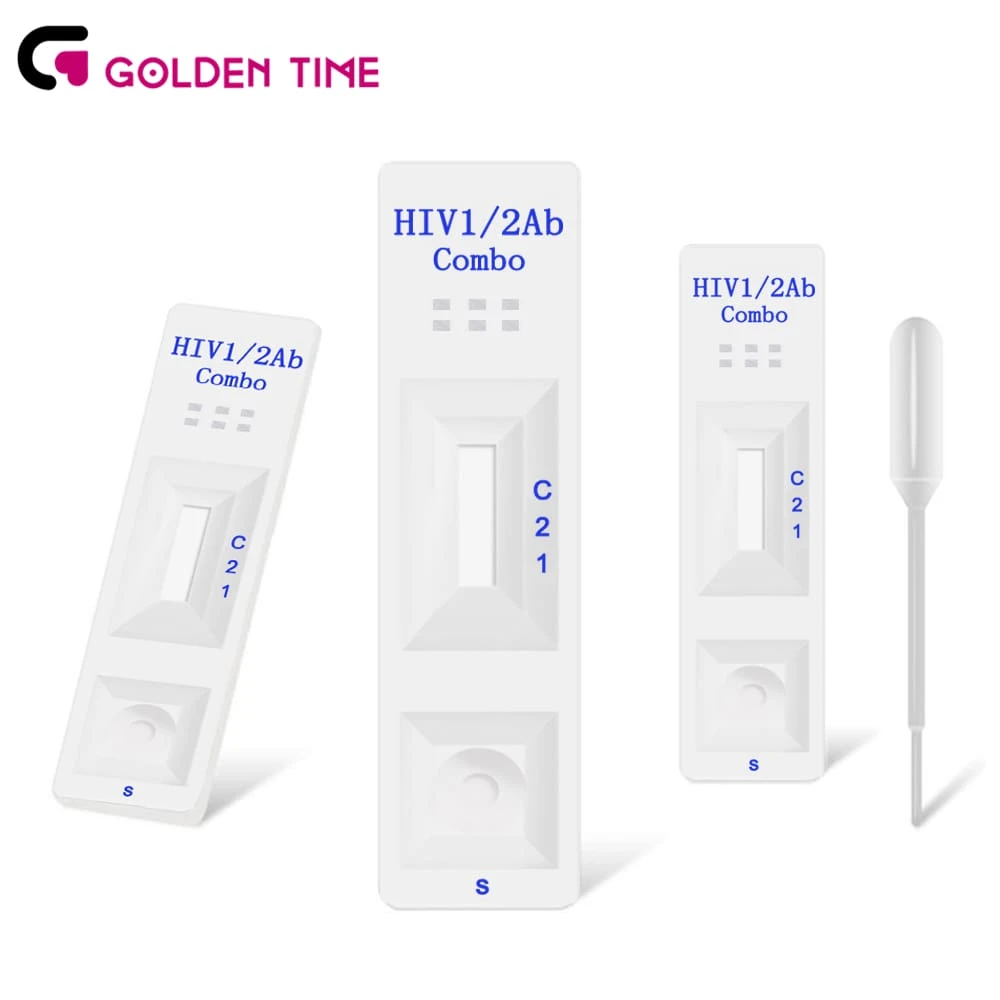11 月 . 23, 2024 20:20 Back to list
buy h pylori test
Understanding the Importance of the Helicobacter Pylori Test
Helicobacter pylori, commonly referred to as H. pylori, is a type of bacteria that infects the stomach lining and is associated with various gastrointestinal disorders. The prevalence of H. pylori infection is alarmingly high, affecting millions of people worldwide. The testing for H. pylori is crucial for diagnosing conditions such as peptic ulcers, gastritis, and even stomach cancer. In this article, we will explore the significance of H. pylori testing, the methods used for diagnosis, and the implications of a positive test result.
Why Test for H. pylori?
Testing for H. pylori is essential for anyone experiencing symptoms related to gastrointestinal distress. Common symptoms include persistent stomach pain, bloating, nausea, frequent burping, and loss of appetite. These can be indicative of underlying issues that necessary treatment may alleviate. The bacteria are often responsible for chronic inflammation of the stomach lining, which can lead to ulcers and increase the risk of stomach cancer if left untreated.
Methods of Testing
There are several methods available for testing H. pylori, each with its advantages and limitations
1. Breath Test The urea breath test is a non-invasive procedure that detects H. pylori by measuring the amount of carbon dioxide in the breath after the ingestion of a urea solution. If H. pylori is present, it will break down the urea, and the carbon dioxide produced will be absorbed into the bloodstream and exhaled.
2. Blood Test A blood test can identify antibodies to H. pylori. While it can indicate whether a person has been infected, it cannot determine if the infection is current or previous.
buy h pylori test

3. Stool Antigen Test This test detects the presence of H. pylori antigens in a stool sample. It is reliable and can be used to confirm treatment success after therapy has been completed.
4. Endoscopy with Biopsy For more severe cases or when other tests are inconclusive, doctors may recommend an endoscopy. This procedure allows direct visualization of the stomach and facilitates the collection of tissue samples for biopsy and subsequent testing.
Implications of a Positive Test
A positive H. pylori test result typically requires treatment. The standard approach is a combination therapy known as triple therapy, which includes two antibiotics and a proton pump inhibitor (PPI). This regimen effectively eliminates the bacteria and helps to heal any damage caused by the infection.
Failure to identify and treat H. pylori can lead to serious health complications. Chronic inflammation from untreated infection can lead to atrophic gastritis, a pre-cancerous condition. Additionally, H. pylori is a well-established contributor to the development of gastric ulcers, which can result in bleeding and other serious complications if not addressed.
Conclusion
H. pylori testing is a crucial step in managing gastrointestinal health, especially for individuals experiencing troubling symptoms. The knowledge gained from these tests not only aids in the diagnosis of potential health issues but also guides effective treatment strategies. If you suspect you may be infected with H. pylori or are experiencing gastrointestinal discomfort, consult your healthcare provider about appropriate testing options. Early detection and treatment are vital for preventing more severe health problems associated with this common but significant bacterium.
-
Dengue NS1 Rapid Diagnostic Test Kit
NewsMar.07,2025
-
Dengue NS1 Rapid Diagnostic Test Kit
NewsMar.07,2025
-
Dengue NS1 Rapid Diagnostic Test Kit
NewsMar.07,2025
-
Transferrin Rapid Test Cassette Tumor Marker TF Card
NewsMar.07,2025
-
Malaria Pf Pan Rapid Diagnostic Test Kit
NewsMar.07,2025
-
malaria pf / pan ag rapid test
NewsMar.07,2025

